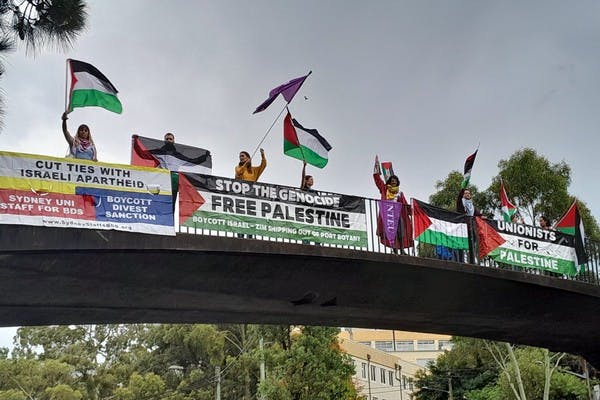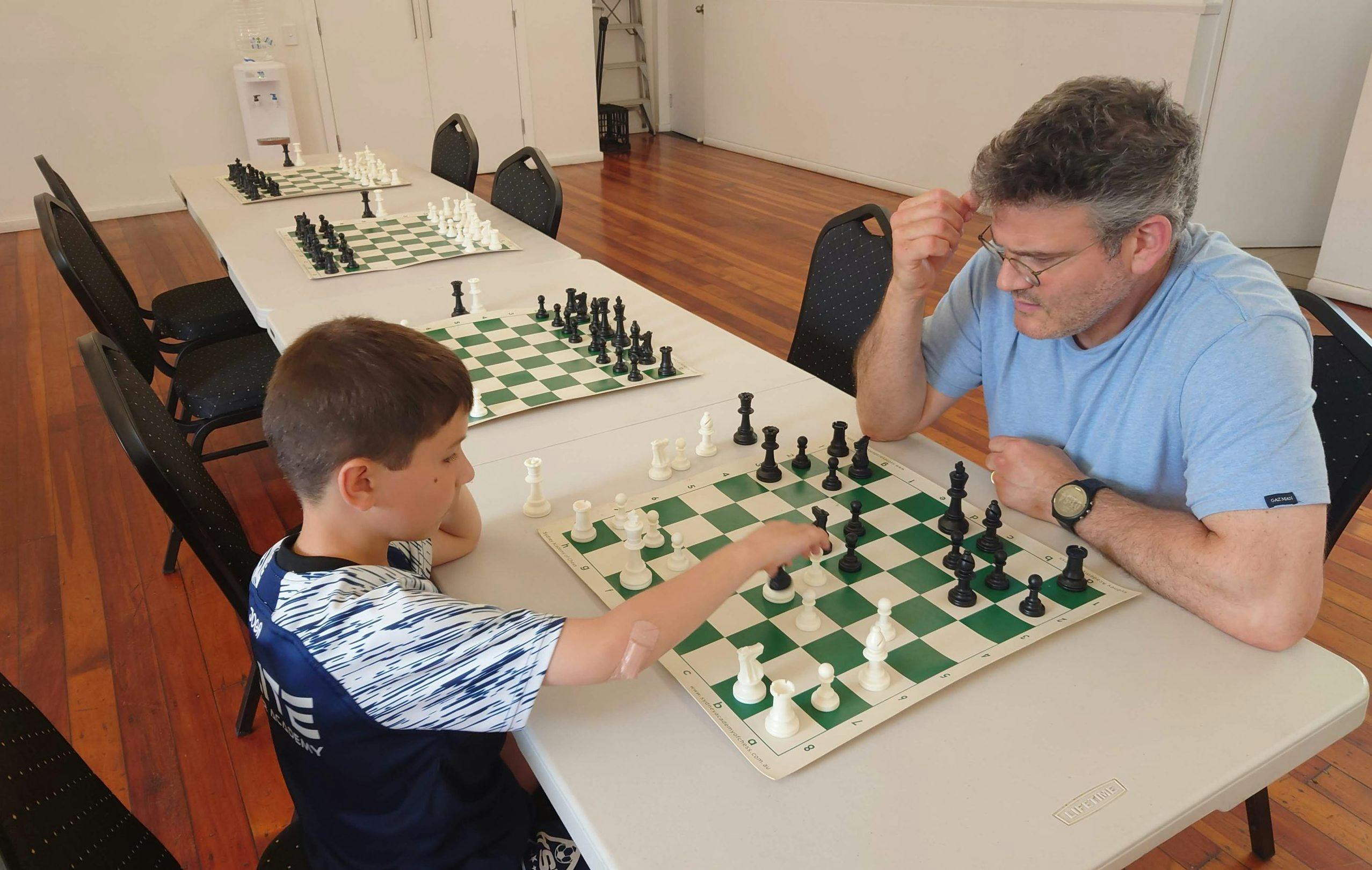Published: 3 March 2023
Last updated: 5 March 2024
Former Israeli PM showed up Australian Jewish leaders when he addressed them on the threat to Israeli democracy. The time is long overdue for them to speak out.
Some passionate Israel advocates and Jewish organisations across the Diaspora are speaking out against the threats to Israeli democracy by the Netanyahu coalition government.
Organisations including the Jewish Federations of North America and the Union of Reform Judaism, and individuals such as Alan Dershowitz, Abe Foxman and Charles Bronfman have expressed deep concerns.
Other sections of Diaspora leadership have been slow to voice concerns about Israel’s civil crisis. “They seem to be turning in on themselves as if the situation is too painful to confront,” Colin Shindler noted in The Jewish Independent last month.
The situation is indeed very painful. The judicial override bill would allow the government to choose all judges on the Supreme Court and overrule the court’s decisions. If passed, it would represent, in effect, the erosion of the rule of law in Israel, and pose a grave threat to the country’s democratic foundations.
Yet here in Australia, we have heard no public statements about the crisis from Jewish leaders.
At least not until last Sunday, when Sydney’s Jewish community heard the following declaration: “There is a mega-crisis going on in Israel. It’s probably the biggest domestic crisis Israel has had. I am worried. And it’s fully self-inflicted.”
When the threat comes from outside, the community leaders are fast and forceful. When the threat comes from within, they are mute.
But the speaker was not an Australian Jewish leader.
It was an Israeli Jewish leader: Naftali Bennett, the former prime minister of Israel, addressing a UIA fundraising event.
While Israelis from all parts of the political spectrum speak out about their fears for the sort of society they live in, Australian community and religious leaders have stayed silent.
They have been as outspoken as ever about antisemitism, Palestinian terror attacks, and this week even spoke out about settler rioting.
But after weeks of civil unrest, relentless media coverage, and with the legislation having now passed the first vote in the Knesset, they have still been unable to bring themselves to make a public statement about the crisis that has left Jews across Australia, and the world, shaking their heads in shock and sadness.
When the election results were announced in November, the Zionist Federation of Australia, Executive Council of Australian Jewry and Australia/Israel & Jewish Affairs Council all expressed concerns about the success of the extremist religious nationalists. But as the real effect of anti-democratic policies has begun to bite, the overwhelming majority of Jewish communal organisations and religious leaders have been disturbingly silent. A rare exception is the New Israel Fund which has been passionate and steadfast in its support of a democratic Israel.
When the threat comes from outside, the community's many leaders are all fast and forceful. When the threat comes from within, they are mostly mute. Why?
Because, as Bennett observed, this crisis is self-inflicted. Either our leaders are so used to external enemies they cannot recognise the enemy within or – perhaps worse – they can see Israel’s moral decline. But a defensive sense of loyalty to the state trumps their other values.
In either case they are failing to speak up when Israel is threatened. The threat is real, but the aggressors are not Palestinians, Hamas or Iran. They are Israelis – politicians from the religious far-Right who have been empowered by Benjamin Netanyahu.
In exchange for their votes, they have been given carte blanche to transform Israel into a borderline theocracy, where religious law will run in parallel with secular law, as Eetta Prince-Gibson noted last week, and religious courts will have the same authority as secular courts.
Under the religious settler vision espoused by Itamar Ben-Gvir, Bezalel Smotrich and others, Palestinians will have no venue of appeal when they are evicted from their land, free media will be curtailed, and the rights of LGBTQ people, other minorities and women will be turned back to a darker age.
Naftali Bennett’s address has indirectly given Australian leaders permission to speak out. If the ex-PM can say it, it’s now safe for them to speak up.
All of this is of secondary interest to Netanyahu, who is willing to trade these rights for judicial override and appointment reforms that would directly help him avoid conviction and jail time for the multiple corruption charges he is facing.
These questions, about the political make-up of Israel, and the moral character of its leader, are of intense relevance to Australian Jews. An intensely Zionist community wants an Israel which does not force it to choose between democratic and Jewish values.
As recent demonstrations in Sydney and Melbourne make clear, Australian Jews are worried.
They want their leaders to articulate their concerns, and they are clamouring for some genuine leadership – in the public square and on the bimah. They want to hear leaders who have the courage to tell Israel, as Bennett told Australia, that undermining democratic institutions is wrong, that this government must change course and stay true to Israel’s democratic foundations, remembering the message of inclusivity in the 1948 Declaration of Independence.
By publicly voicing concerns that Australian leaders have not been brave enough to express, Bennett’s address has indirectly given them permission to speak out. If the ex-PM can say it, it’s now safe for them to speak up.
Their silence to date has been a stain on their moral authority. If they speak up now, and forcefully, they may yet be able to lighten it.




